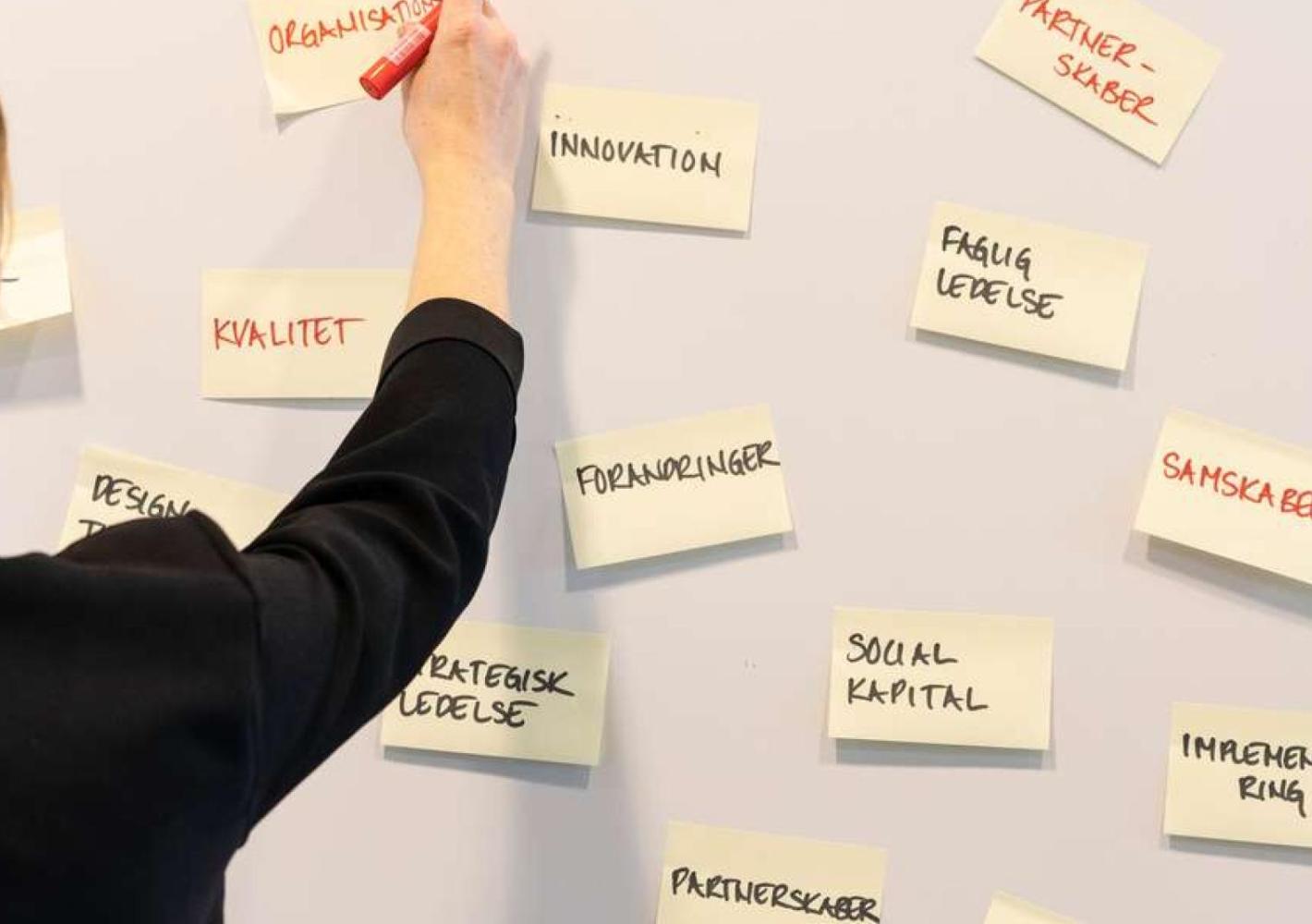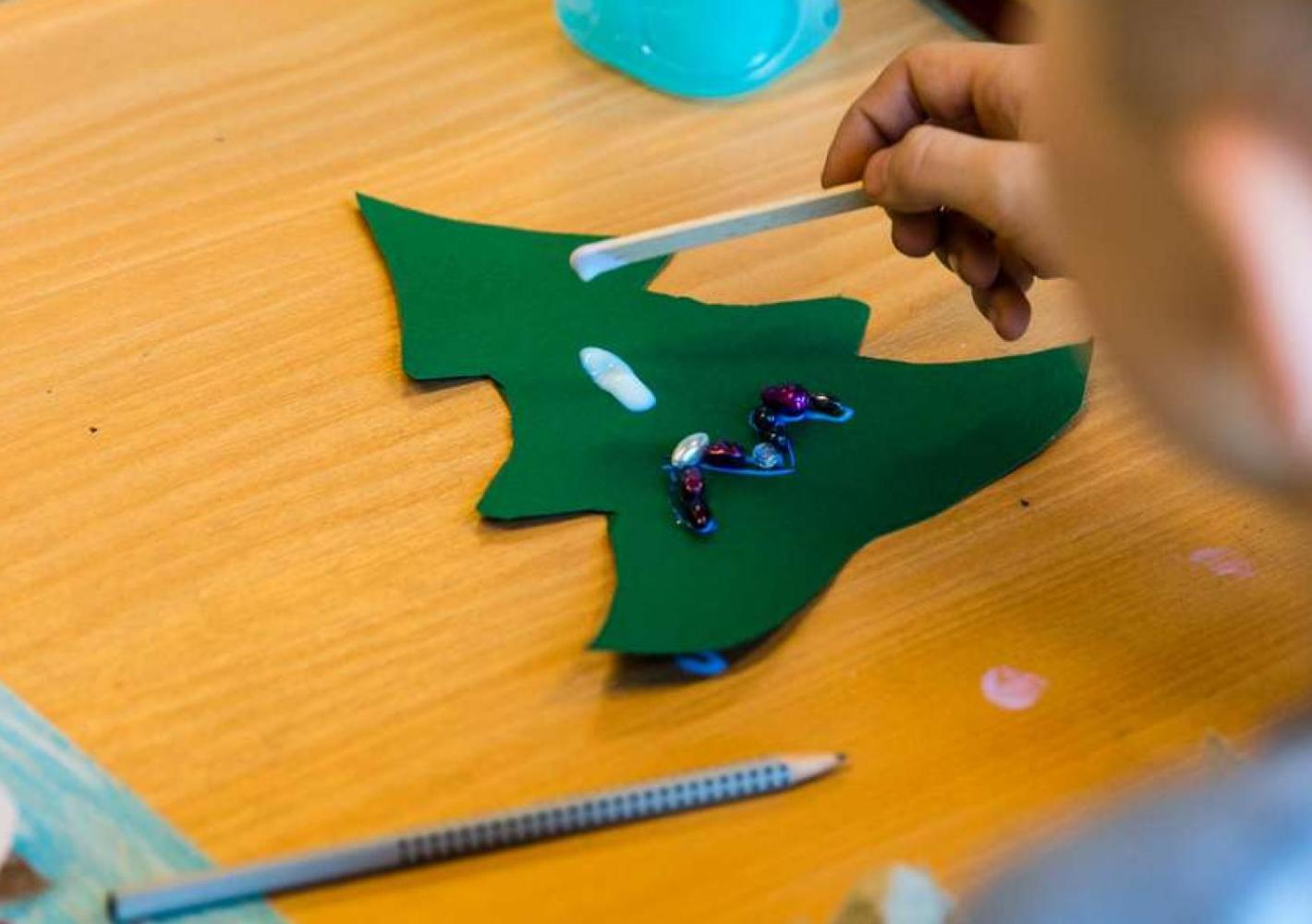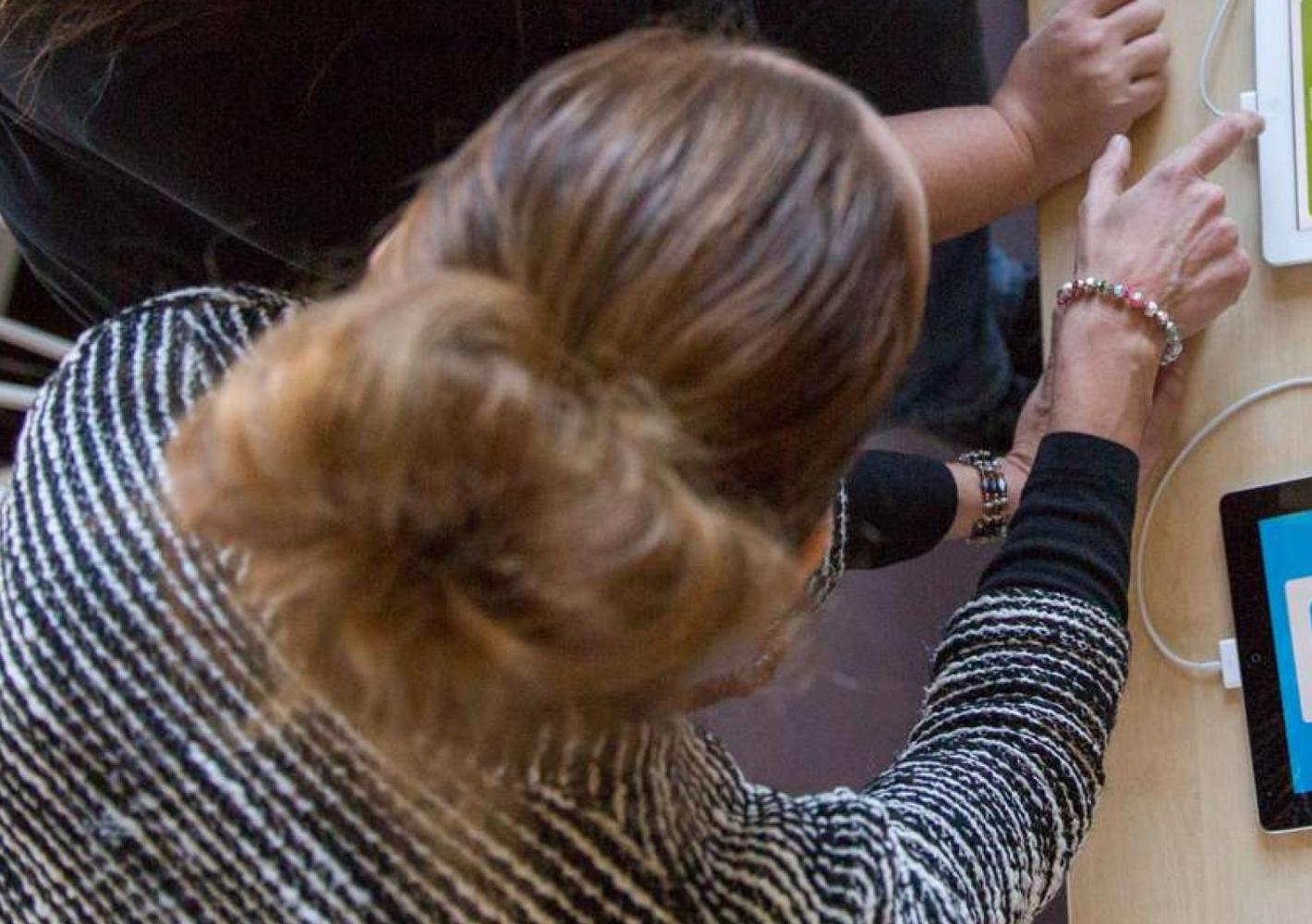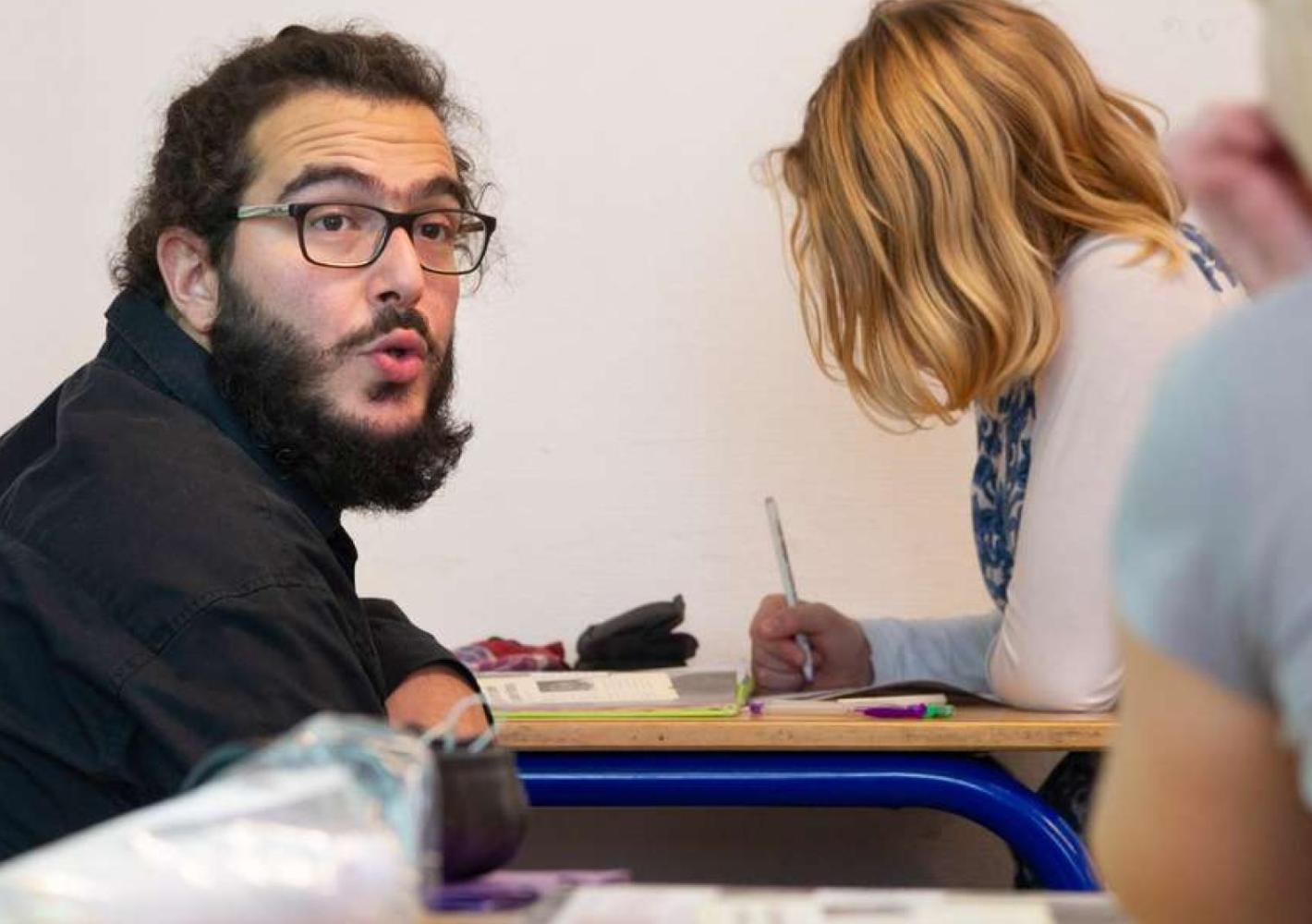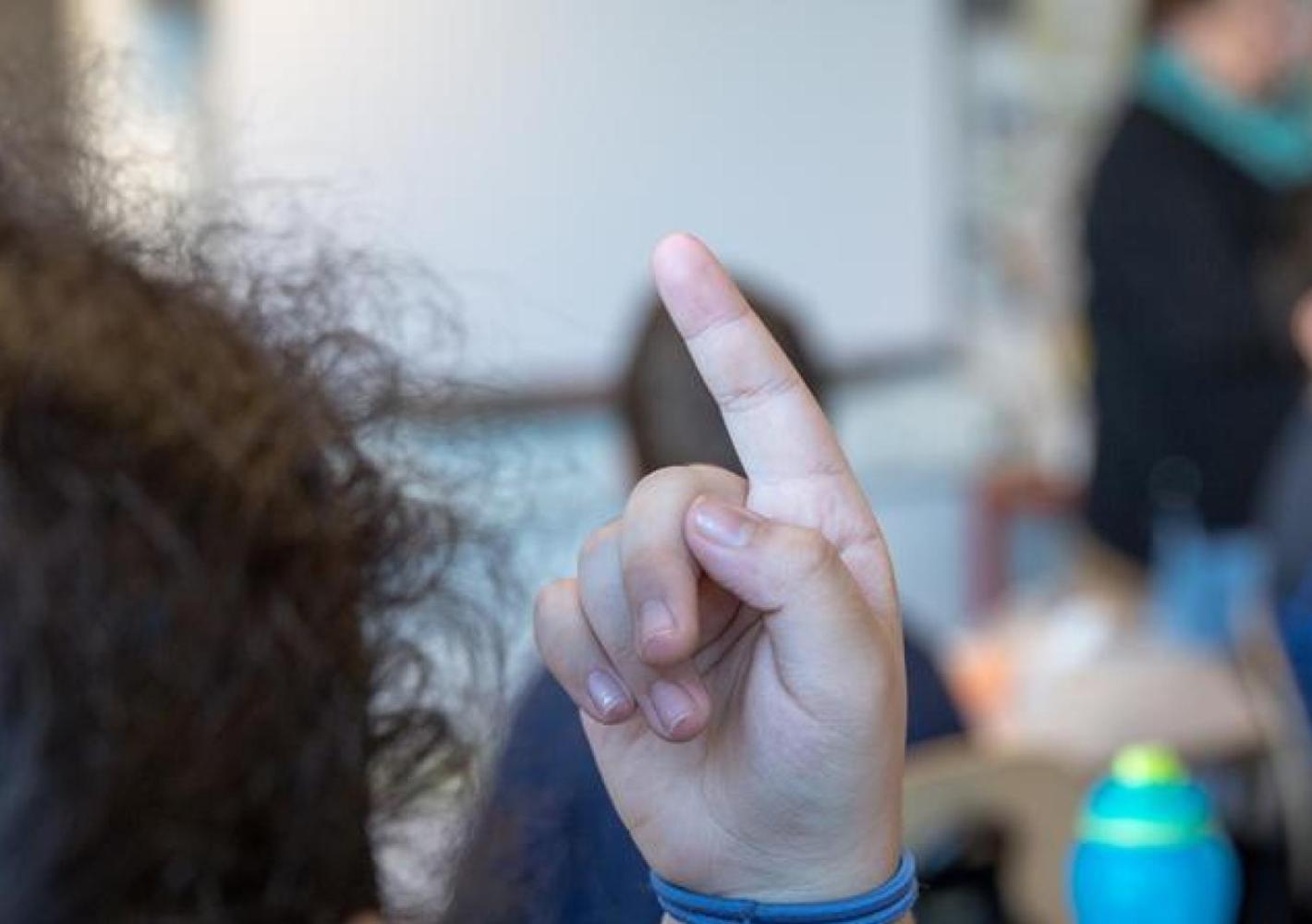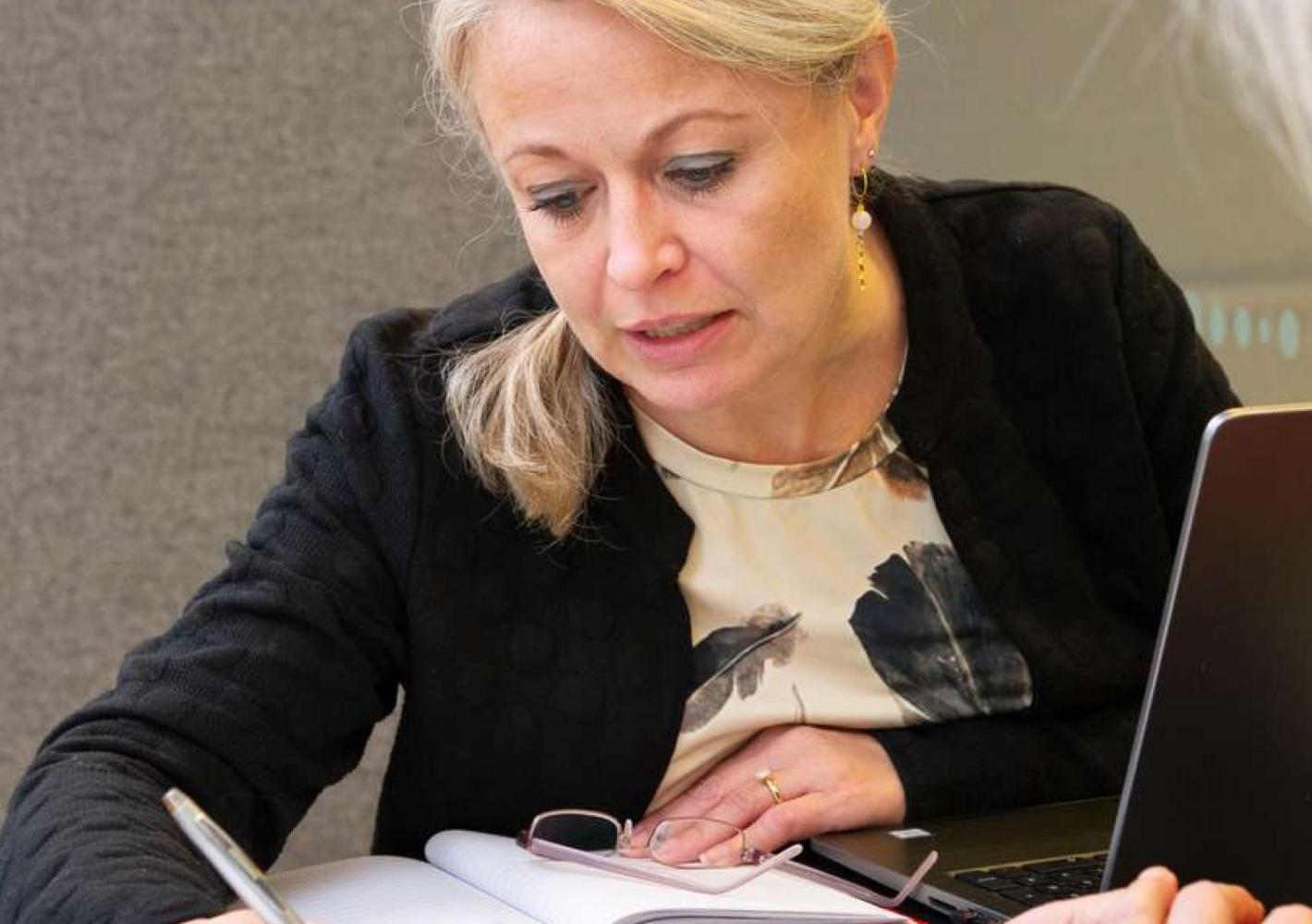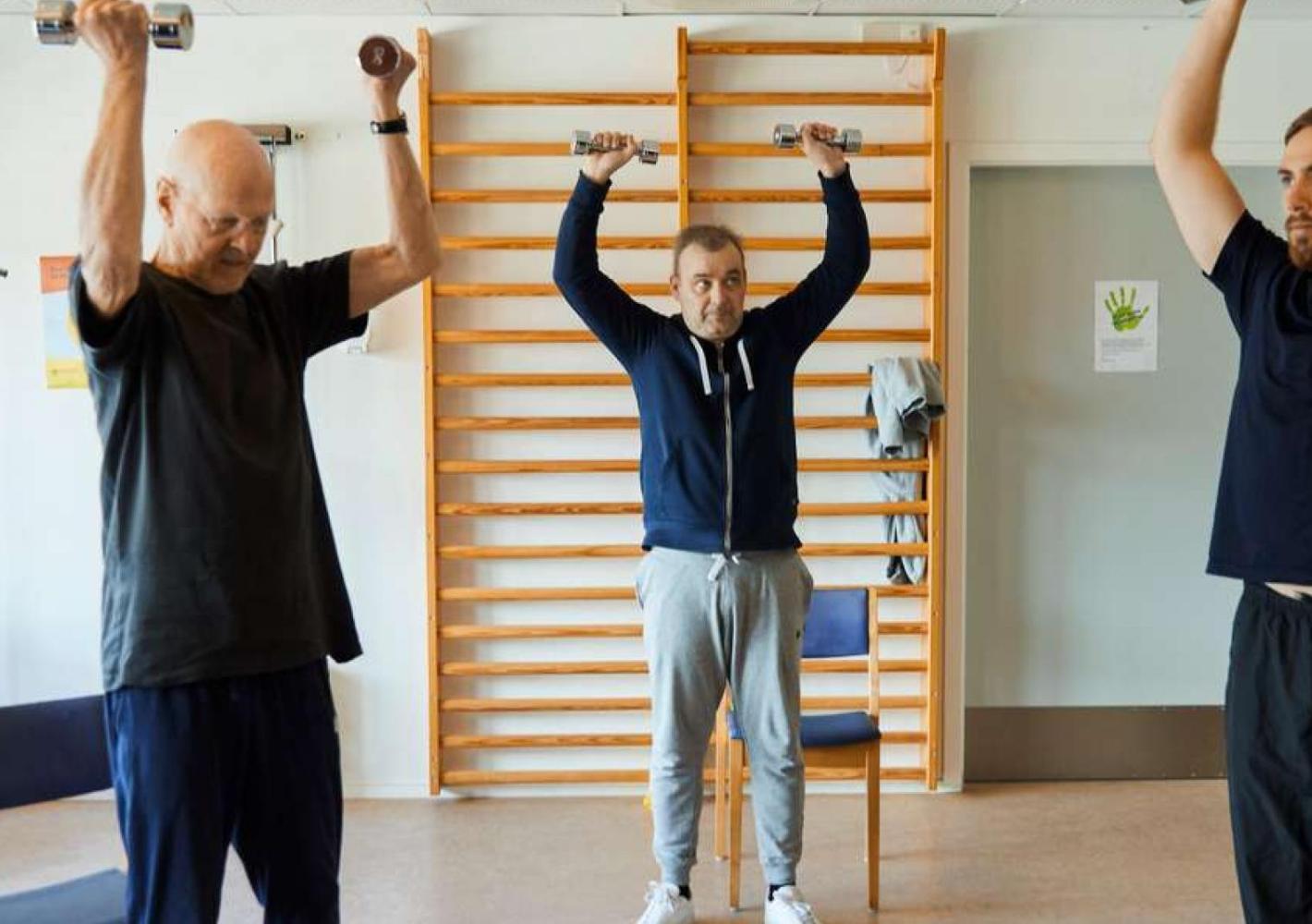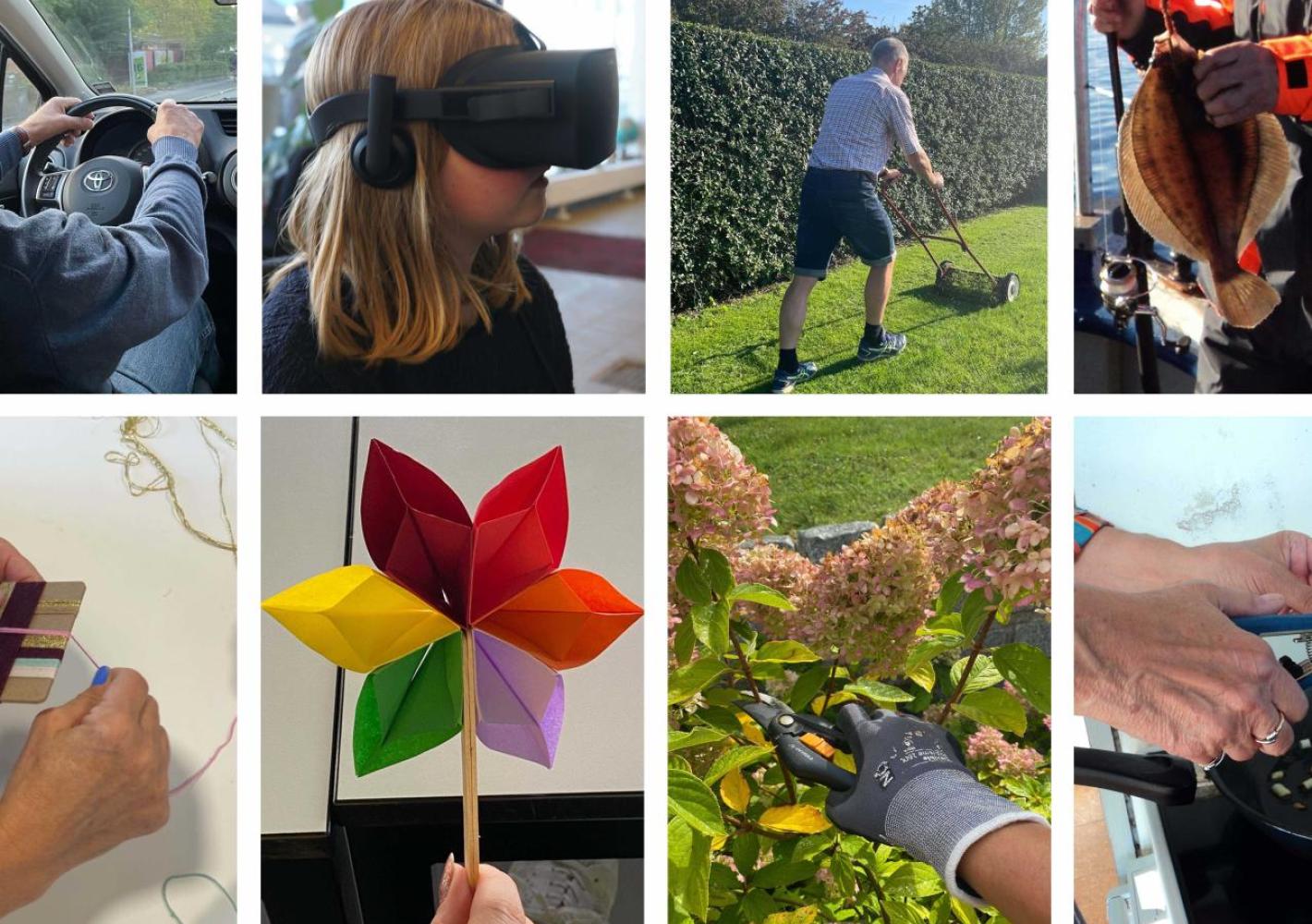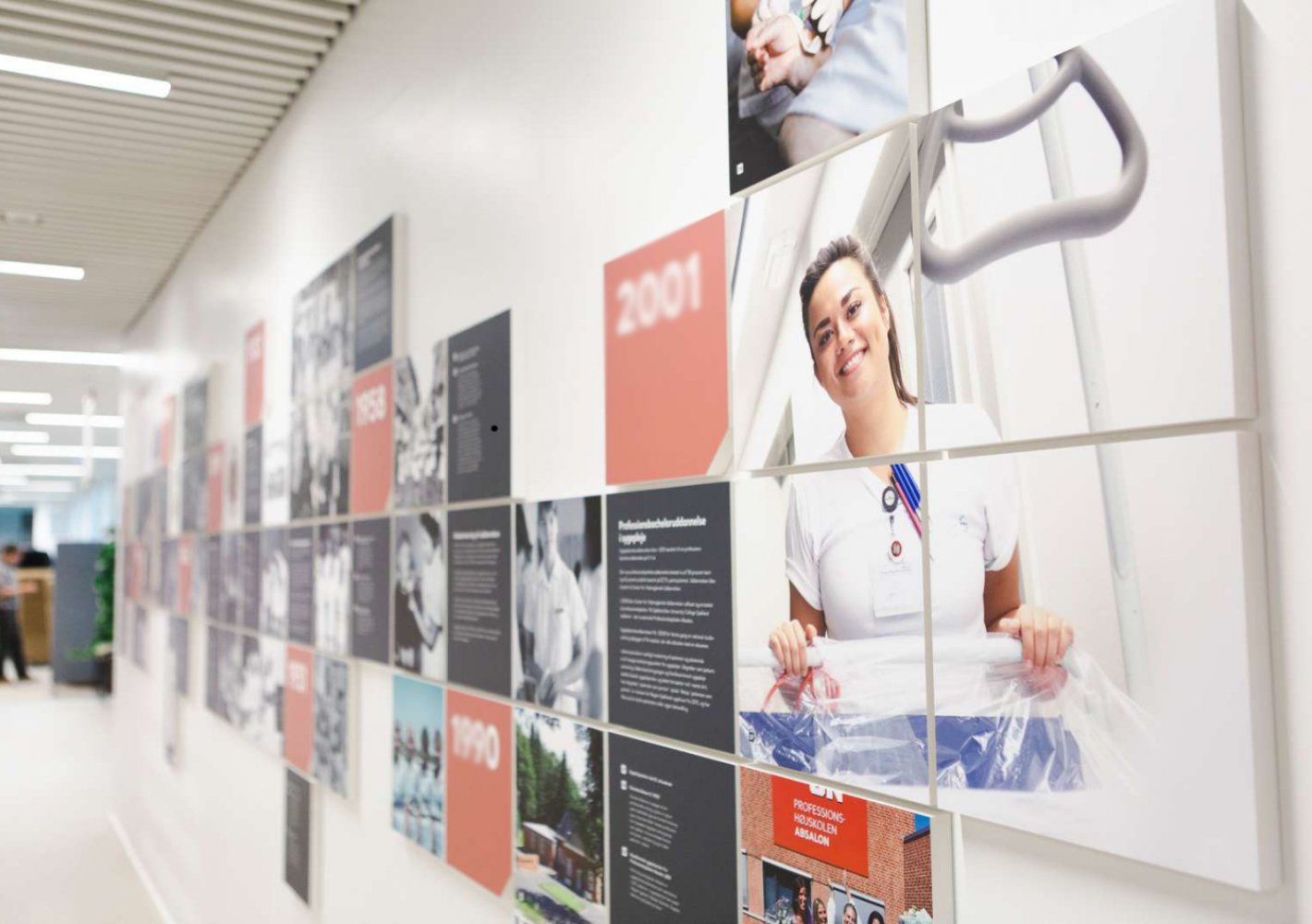Research Environments
Twelve different research environments are specifically involved in research and development at University College Absalon, each one focusing on a thematic area targeting key societal challenges. The aim is for research and development to strengthen our degree programmes and to develop practice in the professions and occupations our graduates pursue.
Below is an overview of the research environments, each with its own page, which describes its activities and research focus areas (in Danish), additionally it provides contact information on coordinators. There are also links to UC Knowledge, which contains additional information on researchers, projects and publications.
